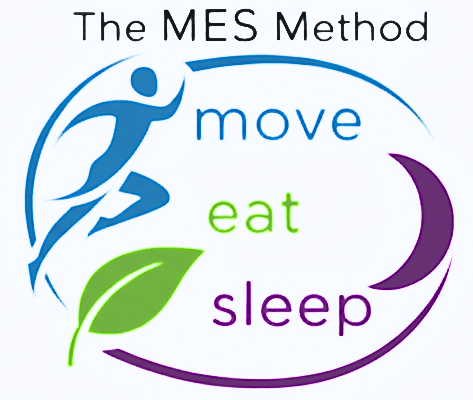When I started my own journey from 120kg to 83kg, one of the biggest shifts wasn’t just what I ate, but how I thought about it. For so long, food was just a quick fix or a comfort. But as I embraced a healthier lifestyle, focusing on mental health, physical transformation, and better sleep, nutrition became the bedrock of my progress. It’s not about deprivation; it’s about empowerment.
Understanding Your Nutrition Mindset
If you’re on a weight loss journey, I bet nutrition is constantly on your mind. You’re likely trying to be really disciplined with your food choices, aiming for those nutrient-dense options that truly nourish your body. It’s a constant balancing act, right? You want to feel full and energized without overdoing the calories. I know that feeling of evaluating every bite, trying to avoid anything that might derail your hard work. It’s a sign you’re truly committed!
What You’re Likely Doing (and Doing Right!)
You’re likely taking a structured approach to your diet, and that’s fantastic! The core principle for weight loss is creating a caloric deficit, meaning you’re consuming fewer calories than your body uses. This is how your body learns to tap into its stored energy (fat!) for fuel.
Here’s what I bet is already a big part of your routine, and why it’s so effective:
- High Protein Intake: You’re prioritizing lean protein, and that’s a game-changer. When you’re losing weight, especially if you’re active, protein helps protect your precious muscle mass. Muscle is metabolically active, meaning it helps burn calories even at rest. Plus, protein keeps you feeling fuller for longer, which is a huge win when you’re managing calories. For active folks aiming for weight loss, the science often points to a range of 1.6 to 2.2 grams of protein per kilogram of body weight daily.
- Complex Carbohydrates: These are your energy allies! They provide the sustained fuel you need for those intense workouts (5-6 times a week, that’s commitment!) and help replenish your energy stores. Think whole grains, sweet potatoes, and fruits. They’re miles ahead of simple sugars for steady energy.
- Abundant Vegetables: Packing your plate with veggies is brilliant. They’re loaded with vitamins, minerals, and fiber. Fiber is a true hero – it keeps you feeling full, helps with digestion, and can stabilize blood sugar. Plus, they’re low in calories, so you can enjoy generous portions without a caloric overload.
- Healthy Fats: While calorie-dense, don’t shy away from healthy fats! They’re essential for things like hormone production and absorbing important nutrients. Sources like avocados, nuts, seeds, and olive oil are vital for overall health, even in a caloric deficit.
- Hydration: Staying well-hydrated is crucial for so many bodily functions, from metabolism to regulating your body temperature during exercise. It can also play a role in distinguishing between actual hunger and just plain thirst, which is a common trap on a weight loss journey.
You’re probably also being mindful of limiting processed foods, sugary drinks, and unhealthy snacks, which is exactly what I focused on. And if meal prepping has become a regular practice for you, hats off! It’s one of the most effective strategies for consistent healthy eating.
The Science in Action: Why These Choices Matter 🔬
Drawing from established nutritional principles, the choices you’re making are backed by solid science:
- Caloric Deficit: This remains the fundamental principle. You need to create an energy imbalance where your body uses more energy than it consumes.
- Protein for Muscle Preservation & Satiety: During weight loss, especially with exercise, a higher protein intake is critical. Protein helps preserve lean muscle mass, which is metabolically active and essential for maintaining a healthy metabolism. It also significantly increases satiety, helping you feel fuller for longer, which naturally reduces overall calorie intake.
- Complex Carbs for Sustained Energy: These carbohydrates provide the steady energy needed for your workouts and help replenish glycogen stores, crucial for performance and recovery.
- Vegetables for Nutrients & Fiber: Vegetables are powerhouses of vitamins, minerals, and fiber. Fiber is key for satiety, digestion, and blood sugar regulation, all supportive of weight management. Their low-calorie density means you can eat a lot of them without consuming excessive calories.
- Healthy Fats for Overall Health: These fats are essential for hormone production, nutrient absorption, and overall bodily functions, even though they are calorie-dense.
- Hydration: Water is vital for all metabolic processes, nutrient transport, and regulating body temperature during exercise. It can also help manage satiety and help you differentiate between hunger and thirst.
Remember, this journey is about progress, not perfection. Every conscious choice you make to nourish your body is a step forward. You’ve got this!

